Einstein on Buddhism
Posted by Ram Kumar Shrestha on February 3, 2013
[Albert Einstein (14 March 1879 – 18 April 1955) was a German-born theoretical physicist who developed the general theory of relativity, one of the two pillars of modern physics (alongside quantum mechanics). While best known for his mass–energy equivalence formula E = mc2 (which has been dubbed “the world’s most famous equation”), he received the 1921Nobel Prize in Physics “for his services to theoretical physics, and especially for his discovery of the law of the photoelectric effect“. The latter was pivotal in establishing quantum theory.
Near the beginning of his career, Einstein thought that Newtonian mechanics was no longer enough to reconcile the laws of classical mechanicswith the laws of the electromagnetic field. This led to the development of his special theory of relativity. He realized, however, that the principle of relativity could also be extended to gravitational fields, and with his subsequent theory of gravitation in 1916, he published a paper on the general theory of relativity. He continued to deal with problems of statistical mechanics and quantum theory, which led to his explanations of particle theoryand the motion of molecules. He also investigated the thermal properties of light which laid the foundation of the photon theory of light. In 1917, Einstein applied the general theory of relativity to model the structure of the universe as a whole.
Great scientist Einstein’s writings on religion are also very important and this is one of his small piece on Buddhism.]
“Buddhism has the characteristics of what would be expected in a cosmic religion for the future: It transcends a personal God, avoids dogmas and theology; it covers both the natural and spiritual; and it is based on a religious sense aspiring from the experience of all things, natural and spiritual, as a meaningful unity.
“If there is any religion that would cope with modern scientific needs it would be Buddhism.
“A human being is part of the whole, called by us ‘Universe’; a part limited in time and space. He experiences himself, his thoughts and feelings as something separated from the rest – a kind of optical delusion of his consciousness. This delusion is a kind of prison for us, restricting us to our personal desires and affection for a few persons nearest us. Our task must be to free ourselves from this prison by widening our circle of compassion to embrace all living creatures and the whole nature in its beauty. Nobody is able to achieve this completely but striving for such achievement is, in itself, a part of the liberation and a foundation for inner security.”


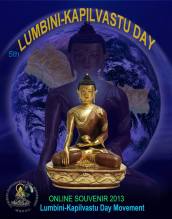

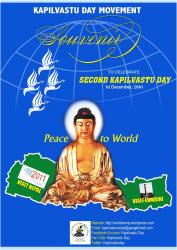
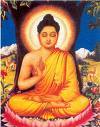

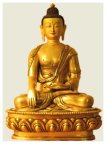











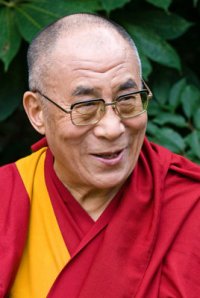












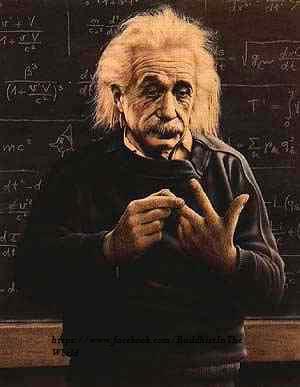
Dong said
I have been exploring for a little for any high quality articles or blog posts on
this sort of house . Exploring in Yahoo I
finally stumbled upon this web site. Studying this
info So i’m satisfied to show that I have a very excellent uncanny feeling I came upon exactly what I needed. I such a lot definitely will make certain to don?t overlook this website and give it a glance regularly.